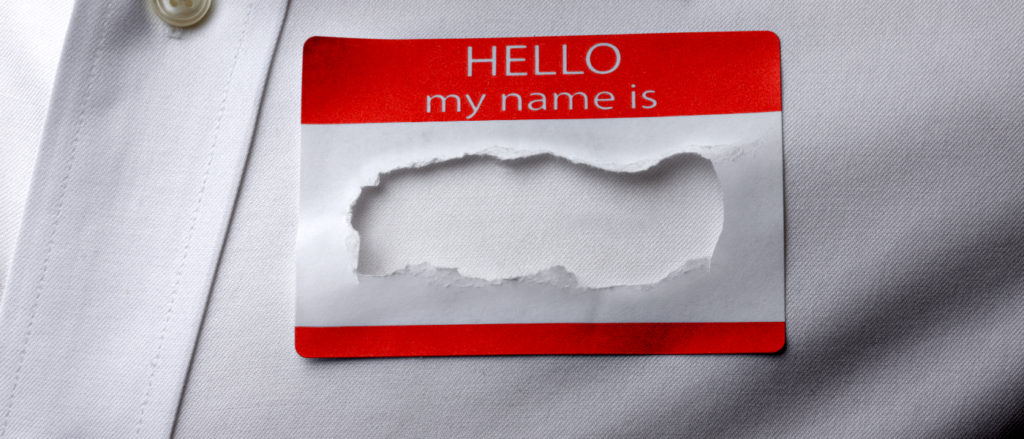Is it Okay to Use the Deceased’s Name in Conversation?

Photo © iStock.com/svengine
When someone we know experiences the death of a loved one, we often struggle to find the right words. On one hand, we want to offer consolation and comfort to those closest to the deceased, but, on the other, we also fear saying the wrong thing and unwittingly causing greater emotional pain. Chief among these funeral-etiquette and grief-related questions is whether we should avoid mentioning or using the deceased’s name when talking to the grieving, which this article explores.
The Post-Death “Conspiracy of Silence”
It’s common to feel awkward or uncomfortable around someone after he or she experiences the death of a loved one. Regardless of our prior degree of closeness or the nature of our relationship, the forever-loss of death often temporarily affects our normal interaction and comfort level with the bereaved. This occurs not because we feel indifferent but precisely because we do care and want to help a family member, friend or coworker during this difficult time.
Unfortunately, too many people struggle to find the right words to say to a grieving person, so they end up saying little or nothing at all, or they avoid contact with him or her altogether to avoid feeling awkward. Thus, despite a sincere desire to help, and lacking any malicious intent, the resulting “conspiracy of silence” often creates a verbal and/or physical isolation that can intensify or prolong feelings of grief among the bereaved.
Adding to this feeling of isolation is the fact that many people simply stop using the deceased’s name in conversation with a survivor, or even within earshot — and often without realizing it. Thus, for example, “Barbara” becomes “she” or “Jim’s” becomes “his” when referencing the person who died. This occurs because many people worry that hearing a loved one’s name might provide an unwelcome reminder of the loss and therefore trigger sadness and emotional pain.
Should You Use the Deceased’s Name?
The first thing you need to understand is that you cannot “remind” survivors of a death by using the deceased’s name because they know. For many people grieving a loss, the flood of thoughts and emotions they experience about their loved one can prove nearly constant and even inescapable in the days, weeks and months that follow. Therefore, do not worry that using the deceased’s name will call to mind an otherwise forgotten reality (even many years later).
Next, whether you refer to the dead by his or her name or not, the bereaved will still experience depression, sadness, sorrow and other forms of emotional pain. This is the unavoidable nature of grief and, while difficult and unwelcome, it’s perfectly normal and natural. You cannot “protect” a mourner or prevent emotional duress by using only impersonal, third-person terms, such as he, him, his; she, her, hers; etc.
The reality is that mentioning or using the deceased’s name when talking to the grieving generally proves both helpful and welcome. First, doing so helps break the “conspiracy of silence” (explained above), which can otherwise isolate the bereaved and actually create feelings that their loved one didn’t fully/really exist, or that mourning his or her death is now somehow inappropriate. Referring to the dead by his or her name in conversation can provide a much-needed sense of normalcy at a time when life seems anything but normal.
In addition, sharing your personal memories and stories about the deceased in the same way you would if he or she were still alive (i.e., using his or her name) often encourages others to do likewise. This open exchange of firsthand recollections, and their implied or overt expression(s) of why the deceased mattered to each storyteller, often proves welcome and beneficial to the bereaved and reinforces that his or her loved one lived a life worth remembering.







